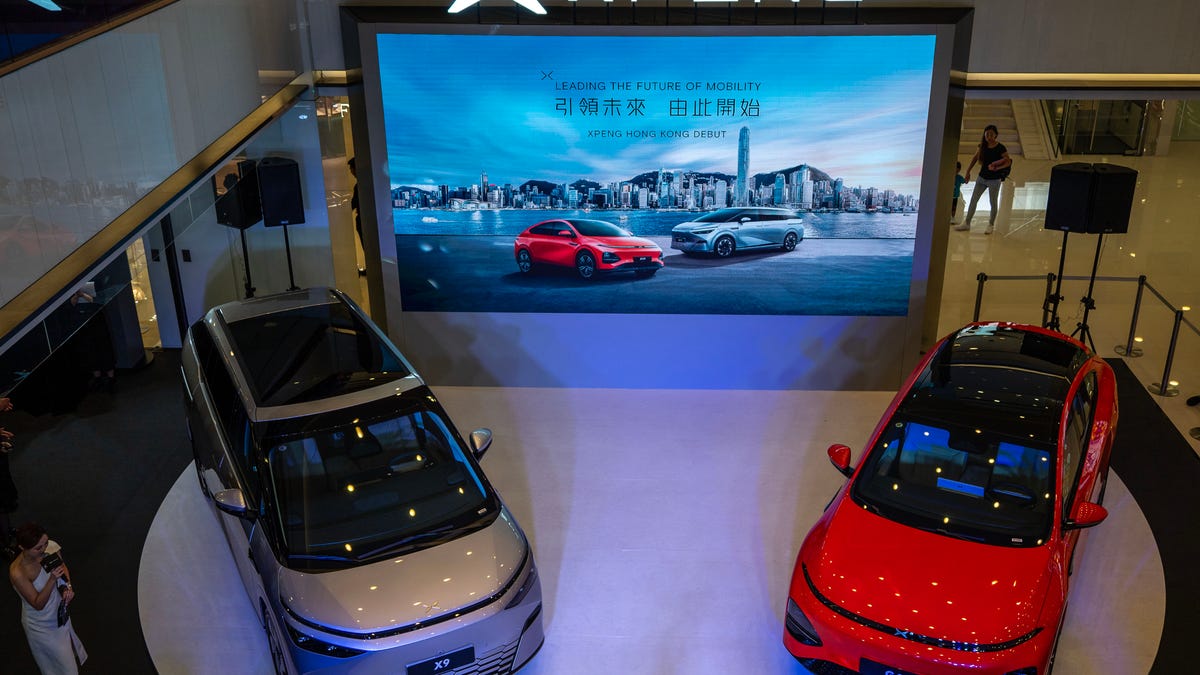Xpeng Motors and Impact of US Tariffs on EVs
Xpeng Motors, a prominent Chinese electric vehicle (EV) company, recently voiced concerns over the United States’ decision to impose tariffs on EVs and solar cells, highlighting potential challenges in achieving climate goals. The co-President of Xpeng, Brian Gu, emphasized that these tariffs could lead to increased costs for China’s EV manufacturers in the future, as reported by Reuters.
Under the administration of U.S. President Joe Biden, plans were announced to raise tariffs on Chinese EVs from 25% to 100%, while tariffs on solar cells will double from 25% to 50%. This move could potentially hinder China’s efforts to peak carbon emissions before 2030 and achieve carbon neutrality by 2060.
Global Climate Goals and Trade Dynamics
China and the U.S. have set ambitious climate targets, with the U.S. aiming to reduce greenhouse gas emissions by 50% from 2005 levels by the end of the decade and achieve net-zero emissions by 2050. In contrast, China aims to reach its carbon emissions peak before 2030 and achieve carbon neutrality by 2060.
Despite the immediate impact on Xpeng Motors being minimal, Brian Gu expressed hope for a more open market in the future, allowing global products to compete on a level playing field. The recent introduction of two new EV models by Xpeng in Hong Kong reflects the company’s expansion beyond China’s competitive auto market.
Market Dynamics and Industry Responses
While the tariffs may pose challenges for Chinese EV manufacturers, the broader impact is considered more symbolic than practical, particularly as most Chinese EV makers avoid exporting to the U.S. due to existing tariffs. Luxury EV maker Polestar, owned by China’s Geely, has been one of the few exceptions in exporting to the U.S.
As the global automotive landscape evolves, Chinese EV manufacturers are exploring new markets, with companies like BYD and Great Wall Motor entering Hong Kong’s market. Many players in the industry, including Chery and BYD, are also eyeing opportunities in Europe, with plans for market penetration or expansion.
Assessing Global Market Dynamics
Amidst changing trade dynamics, Xpeng Motors is evaluating the potential impact of European Union tariffs that could necessitate a shift in production overseas. The E.U.’s investigation into Beijing’s subsidies for domestic EV manufacturers may lead to additional tariffs, prompting considerations for production realignment.
China’s advancements in the EV industry have propelled it to become a key exporter of vehicles, surpassing Japan in recent years. With significant contributions to global EV sales, China’s focus on technological innovation and robust supply chains has positioned its EVs competitively in the international market.
In response to criticisms from the U.S. and E.U., China’s Minister of Commerce Wang Wentao has refuted claims of overcapacity and emphasized the competitiveness of Chinese EVs due to technological advancements and supply chain efficiencies.
Image/Photo credit: source url





